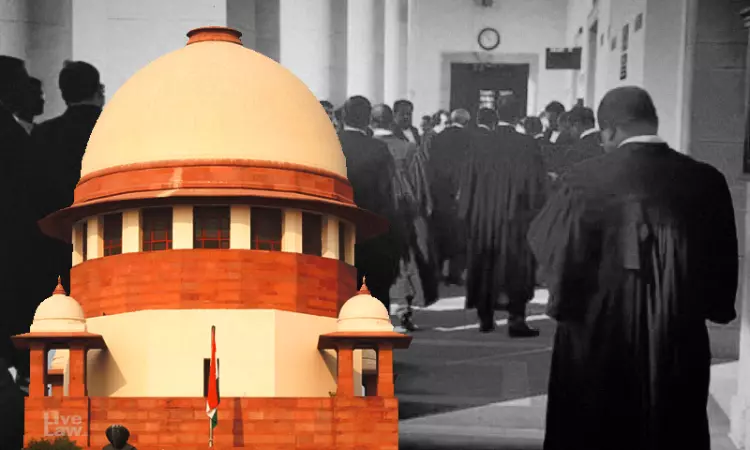The Supreme Court today (on August 21) stressed the need to come up with guidelines or parameters that can be enforced for Bar Associations across the country. The Bench of Justices Surya Kant and Dipankar Datta said that it was not an adversarial litigation and underscored that this is a long-term investment and is important for the institution. “Unless, we start doing...

